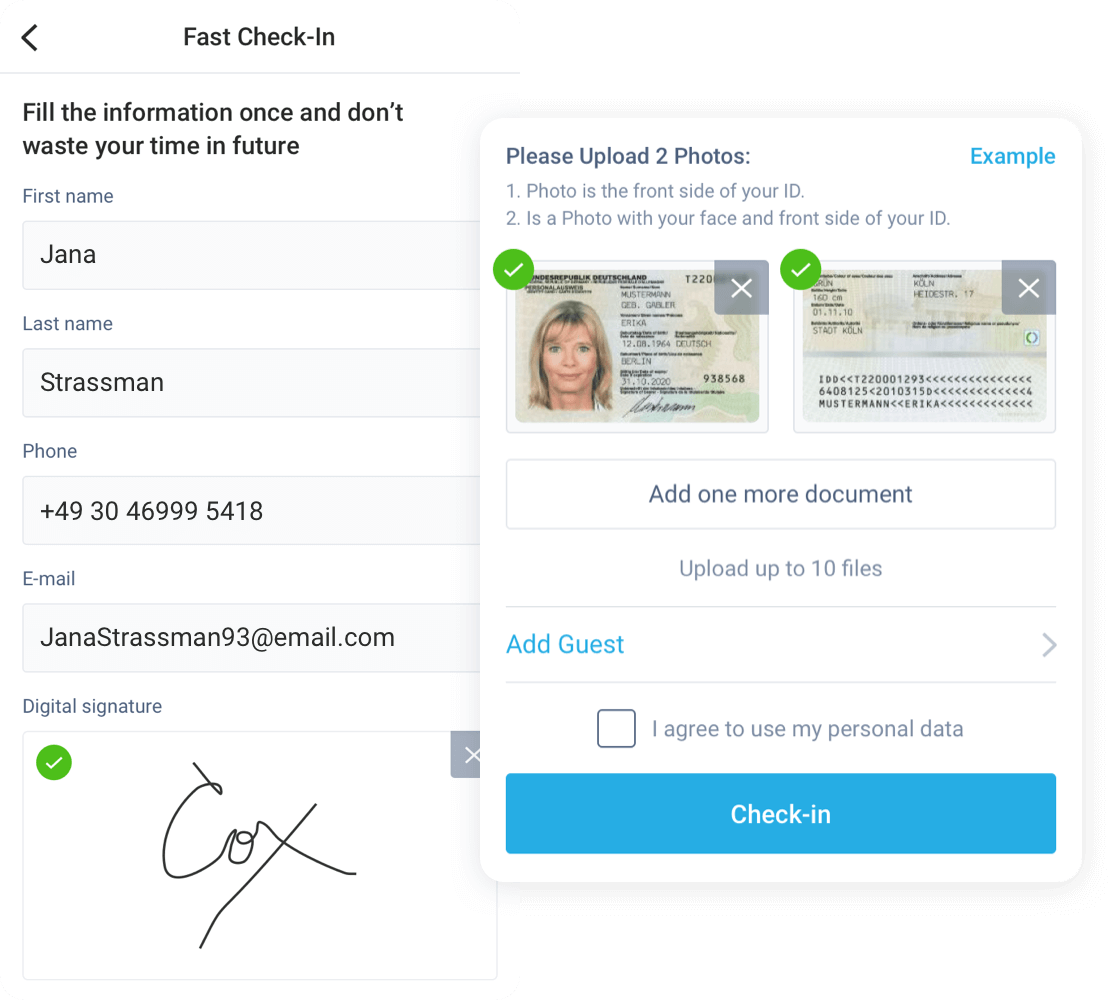Starting from January, many countries worldwide announced tougher restrictions and entry regulations. To prevent the spread of the coronavirus and its mutant strains emerging from Brazil, the UK, and South Africa, EU governments implemented further measures and restricted nonessential travel.
As of now, the Finnish government permits travel only for certain essential reasons like health care and emergency services. Tourism in the world's most-visited countries, such as Germany, the United Kingdom, Italy, France, and Spain remains prohibited. The lockdown is in effect across Germany and the UK. France, Italy, and Spain are restricting freedom of movement. The curfews are imposed in France, Italy, Spain, Austria, the Netherlands, and Greece. Austria is easing its coronavirus restrictions domestically. Stores, schools, and museums are reopening. Visitors are urged to wear medical masks.
The proof of vaccination
In the meantime, with the COVID-19 vaccines underway around the world, discussions have turned to how to restart safe tourism and boost confidence in the sector. Iceland, Estonia, Poland, Seychelles, Cyprus, and Romania are already easing entry for those who can prove they're vaccinated. On February, 9, Israel and Greece signed an agreement under which vaccinated tourists are allowed to move between these two countries without restrictions.
Some tourism companies decide to make vaccination mandatory for travel. Australia's national carrier Qantas became the first airline to signify the requirements for future travelers to prove they have been vaccinated against Covid-19 before boarding a flight. The Saga Cruises company requires that all the guests must be fully vaccinated.
How we see it, the proof of vaccination in order to restart international tourism becomes inevitable. However, the industry experts admit that what's needed now is a coordinated global approach. Luis Felipe de Oliveira, director general of Airports Council International (ACI), said, “It's very difficult for the industry to go forward, especially when you have the rules of the game-changing basically every single day."
The World Tourism Organization (UNWTO) also calls for global coordinated effort, harmonized plan of action, common and standardized documents, and certification. At the beginning of 2021, the Global Tourism Crisis Committee has met in Madrid to discuss and develop solid plans on how to promote the safe resumption of international travel in the age of vaccines.
“The rollout of vaccines is a step in the right direction, but the restart of tourism cannot wait. Vaccines must be part of a wider, coordinated approach that includes certificates and passes for safe cross-border travel. In the longer-term, we also need to restore confidence in tourism. The United for Travel campaign will help us achieve this, providing a clear and strong message that safe tourism is now possible,” said UNWTO Secretary-General Pololikashvili.
According to COVID-19 vaccination in the EU page of the European Commission, the Commission and the Member States, together with WHO, are working on vaccination certificates that include a unique identifier. The latter will ease the issuance of certificates and vaccination monitoring on a Europe-wide basis once the COVID-19 vaccines are authorized.
Some EU Member States have already begun allowing vaccinated travelers to enter with proof of vaccination. The European Council as well as the President of the European Union Commission Ursula von der Leyen have supported the idea of such documents naming it “a medical requirement”.
Covid-19 vaccination certificates
While most EU member states still wait for a vaccination certificate to become available, some countries are already issuing their own Covid-19 vaccination certificates. For example, a certificate of vaccination against COVID-19 is accepted at the border in Iceland. It became the first country in the Schengen Area to grant ‘COVID-19 vaccination certificates’ to its citizens. Also, the country recognizes similar certificates issued in any EU or Schengen state.
However, not all travel organizations support the idea of vaccine passports or certificates, branding them discriminatory. The World Travel and Tourism Council (WTTC) spokesperson said, “We’re at the very early stage of the vaccine rollout. If you make vaccines compulsory, it will mean an awful lot of people won’t be able to fly, even if they are Covid-free. It’s far better to have a test-and-release scheme where travelers test before travel to prove they are Covid-free.”
That said, tourists don't need the COVID-19 vaccines yet to travel. However, we expect that the world governments might require them soon. Until then, negative test results remain an essential part of travel.
Conclusion
We entered a new paradigm where safety became the number one thing and the time when it is required to prove a Covid-free status. For people who are eager to book summer vacations, such proof can become the golden ticket to restart travel. For hospitality and travel businesses, it is time to focus on how to show safety to both attract customers and avoid a crippling financial disaster.

That said, HotelFriend is trying to get in on the act, developing mobile apps that provide both hoteliers and their guests with convenience and maximized safety. Starting from contactless checking-in and out, online service ordering, to instant processing of payments, the HotelFriend Concierge App has a lot to offer its users.
For even more convenience, hotel guests can upload their personal details and negative test results in advance when they book a room. What’s more, hotels can prove that they are safe much easier thanks to the HotelFriend COVID safety place widget. It visually informs guests that both the location and hotel are covid-free, as well as helps to build trust. All hospitality businesses need is to embrace this pivot.






